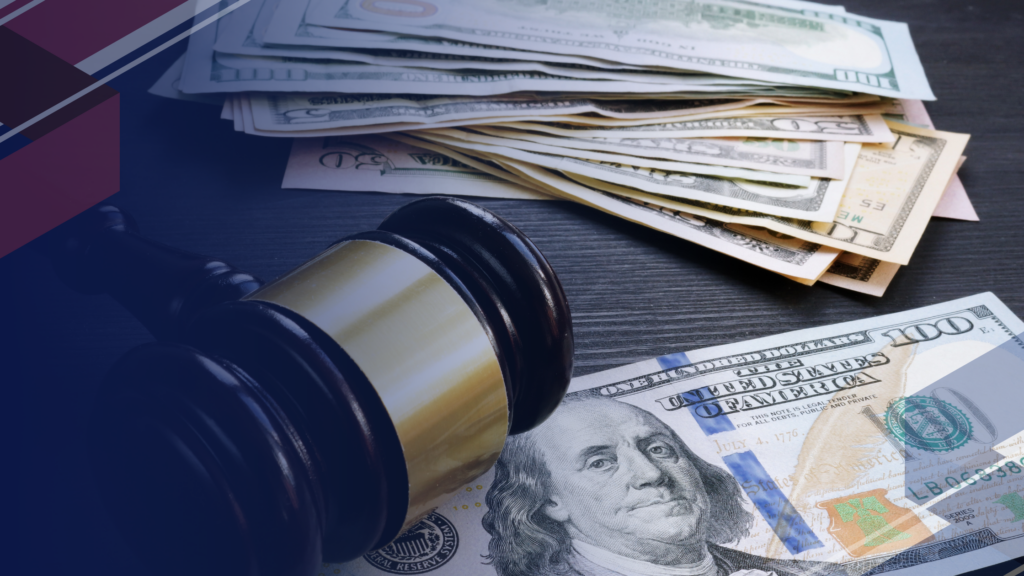
Many of us hope never to hear a judge bang a gavel and set a price on our temporary freedom, however, it’s a fundamental part of the judicial system, directly affecting those accused of crimes and their families. So, what exactly is bail, and how does it function within the broader framework of legal proceedings? An entire industry has been created around this process, making it even more important for everyone to understand how it can impact you, your case, and your finances.
Staying Out of a Cell
Bail serves as a financial assurance to the court that a defendant will return for trial and other court appearances. This financial obligation allows the accused to remain free from custody while awaiting the continuation of their case. Essentially, bail is not a penalty but rather a surety mechanism. Should the defendant comply with all judicial requests and appear as required, the bail amount is typically refunded at the conclusion of the legal proceedings, minus some administrative costs which are non-refundable.
How Bail Amounts Are Set
The setting of bail is a process steeped in judicial discretion but guided by specific criteria. In North Carolina, for example, the amount of bail set at a defendant’s first court appearance can hinge on various factors. The severity of the alleged crime often plays a significant role; more serious charges tend to attract higher bail amounts. Assessments of flight risk and past criminal history are also crucial—individuals deemed likely to flee or those with a history of evading court appearances may face steeper bail requirements. Conversely, defendants with strong community ties and a stable local presence may benefit from reduced bail amounts, reflecting their perceived lower risk of absconding.
The Role of Bail Bondsmen
For many, the bail amount set can be prohibitively high. Here, bail bondsmen step in to provide a service. By posting bail on behalf of a defendant, they enable those who cannot afford the full amount to regain their freedom while awaiting trial. In return for this service, bail bondsmen charge a fee—typically 10-15% of the total bail amount in North Carolina, which remains non-refundable. The bondsman assumes the responsibility of ensuring the defendant’s appearance in court. Failure of the defendant to appear can lead to significant financial losses for the bondsman, who may then take measures to ensure the defendant is returned to court.
How The Snow Legal Group, PLLC Can Help
Defendants and their advocates to understand the rights afforded to them under the law. In North Carolina, this includes the right to be informed of the charges against them, to a timely bail hearing, and to legal representation during these proceedings. Defendants can request a reduction of the initial bail amount if it’s beyond their financial reach, but this should be discussed with their attorney first.If you or a loved one has been caught up in the legal system and you need guidance, The Snow Legal Group, PLLC is here to assist you. Our team appreciates the stress and uncertainty that comes with criminal allegations, and we’re committed to providing professional, diligent support. For guidance and a compassionate approach, don’t hesitate to contact us at 704-644-8324.